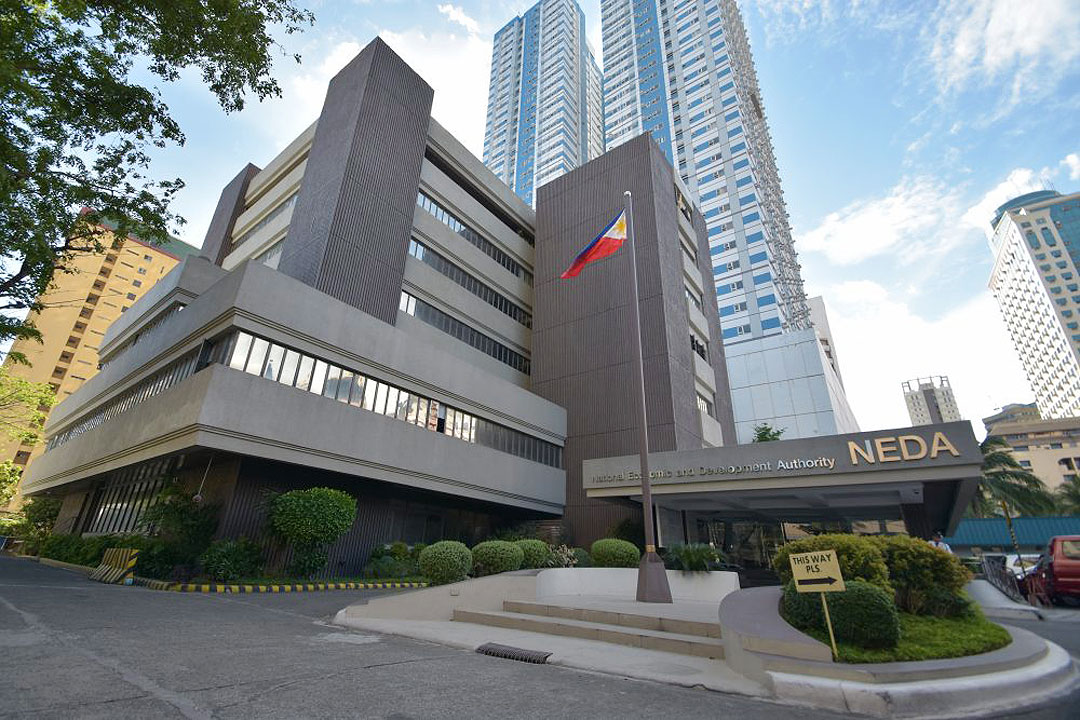
THE United States government’s temporary suspension of foreign assistance would only have minimal impacts on the Philippine economy, the National Economic Development Authority (NEDA) said.
Foreign assistance from the US represents only a “small part” of the Philippines’ overall economic activities, NEDA Secretary Arsenio M. Balisacan said.
“Not so much directly. And in the short term, much of our loans now are with other countries and multilateral institutions,” he told reporters when asked about the potential impacts of US President Donald J. Trump’s freeze on foreign aid.
“If you are talking about the economy, that’s a small part,” he added.
He said any indirect effects could stem from its role as a key shareholder in multilateral lending institutions like the World Bank and the Asian Development Bank (ADB).
The potential impacts would likely be more medium-term in nature, he noted.
Mr. Balisacan also said the Philippines’ flagship infrastructure projects, which are largely funded by countries like Japan, Korea, and multilateral institutions like the ADB and World Bank, would not be significantly impacted.
“For our current infrastructure flagship projects, not much. Many of those projects are funded by Japan, Korea, ADB, and World Bank,” he said.
The suspension, announced by the US State Department, involves a “stop-work” order for all existing foreign assistance, in addition to halting new aid, as Mr. Trump recently ordered a 90-day pause in foreign development assistance. A stop-work order issued by the US State Department last week covers all existing foreign assistance. — Kyle Aristophere T. Atienza
